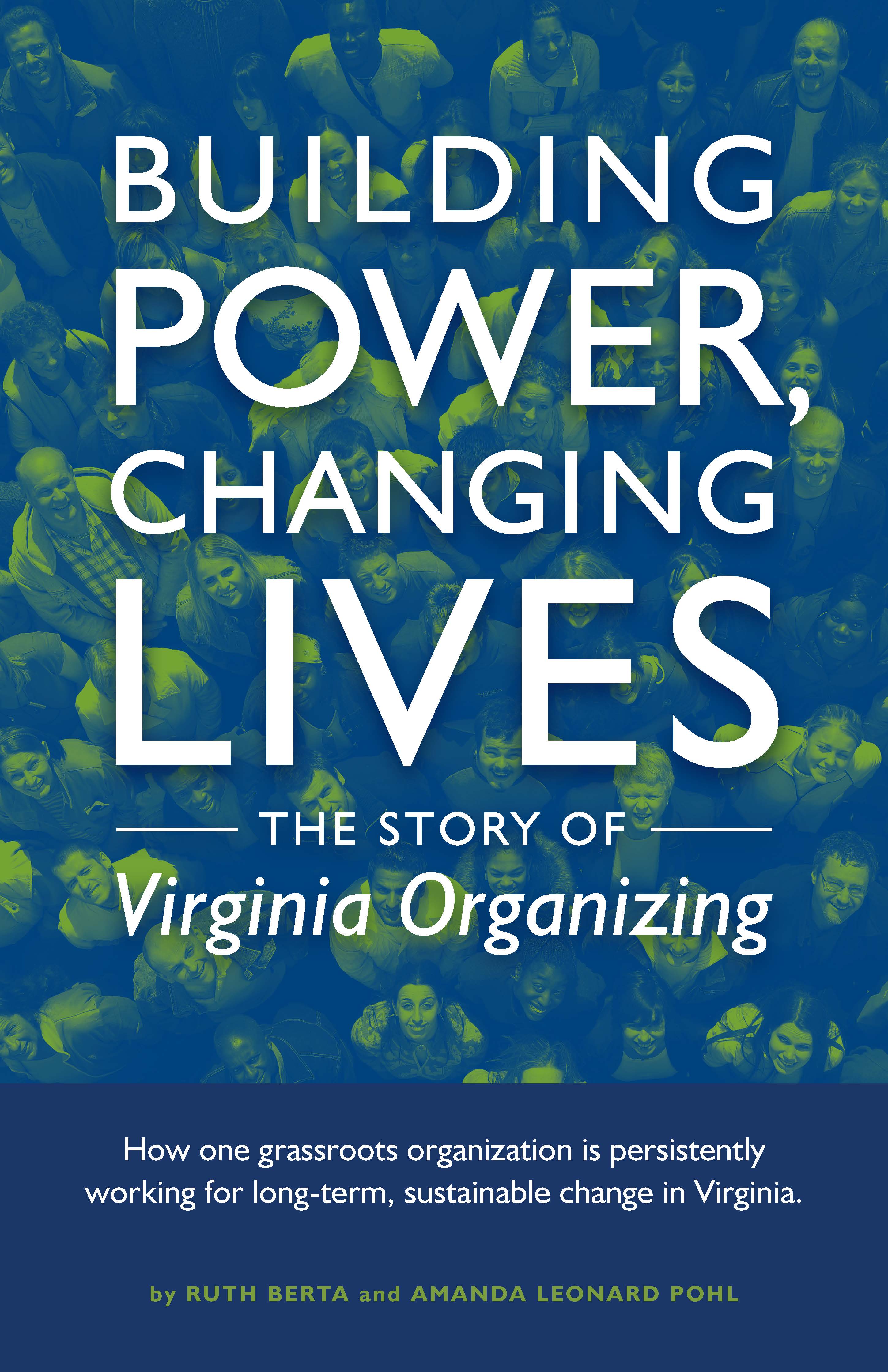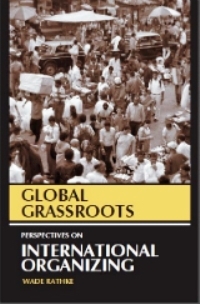The Case for the Next Left
Written by David Tozzo
The specter haunting Europe is the specter of the European elector.
A specter in a strict sense: the electorate simply doesn’t show up anymore. Voter participation in European countries has been on a steady decline for decades. Considering the European Parliament elections, since the very first in 1974, the drop in participation has been steady, the only exception proving the rule being the most recent one in 2019, when turnout just barely passed 50%.
The (silent, indeed) majority of Europeans never took part in the democratic process since they were allowed to do so.
This never marked a victory for the Abstention Party of the People and the continuous triumph of the Elitist Status Quo Coalition, as well as the perpetration of one big lie: the end of history. Francis Fukuyama’s overquoted work lied so well that liberal democracies cosseted under their neoliberalism umbrella were the final call (if not solution, for soviets) that socialist and communist parties hesitated to brave the imaginary rain.
As Berlin’s Wall was falling, self-haunted and hypnotized by the warning that such a market capitalism umbrella could enable their survival on the electoral market with inevitable, if not infallible, tutelage, they unilaterally rescinded the social contract and renounced their identity and ideology.
The former, both in the western (e.g. in Italy, from Partito Comunista to Partito Democratico della Sinistra) and eastern bloc (e.g. in Romania, from the Communist Party to the Social Democratic Party); the latter, stalking and mimicking the conservative turbo-liberalism which, as the name suggests, was hard to catch and surpass along the Third Way as people always tend to choose the original over a copy anyways.
From 1958 to this day, out of the 19 European Commissions, the PES-EPP (Party of European Socialists is PES and EPP is European People's Party, a centre-right political group) duo governed together in 19 cases. It’s no coincidence that Jacques Delors, in office in 1989 at the helm of the European Commission, was destined to be the last President of the Commission from the Party of European Socialists, making way seemingly eternal Stockholm partnership: the European People's Party.
Not only electors, but also élites, prefer the original. This being a Batman and Robin partnership way less democratic and more dysfunctional than Bill Finger and Bob Kane ever drew or Altiero Spinelli and Robert Schuman dreamed.
Unlike Dick Grayson, who continues to enjoy the favor of the public to this day, things seemingly went downhill for the unmasked socialists: the performance of social democratic parties has, on average, been marked by a tremendous decline across western European democracies, from a vote share of nearly 40% to below 20%.
Bad actors
Hopelessly, even if European mainstream social democrats were to return to their core constituency, the working class, they would only face another ghost - the result partially of their betrayal – the realization that the working class didn’t lose: it got, lost. Atomized. Algorithmed. Wiped away and out. Jobs in the global market economy having multiplied (post-class inhomogeneity) while at the same time workers’ rights pulverized (leading not just to disaffection, but distrust and hostility towards liable center-left).
Speaking of disillusionment, the sterilized ideology of the dominating aforementioned partnership and its undefined political vision is possibly the main reason of a fragile European Union, a mainly economically barren “union” locked in bureaucratic technical administration.
During this sustained seppuku, the socialist parties in the Continent integrally bypassed the horizontal and fundamental precept of equality, abdicating unconditionally in favor of the vertical liberal one of freedom instead, which as Norberto Bobbio taught, are conflicting concepts. That’s another thing that the old left forgot: conflict; actually, fighting for equality.
While the socialists were busy sinking along the “third way” from the ridiculous to the sublime, certifying the demobilization of their raison d’être by venturing into the concept of ‘reforming capitalism’, something like reshaping cancer, someone understood that such bad actors of retraction, couldn’t be good actors of change.
Enter the new left.
Syriza, a broad coalition of Greek radical left founded in January 2004, gained ground when in November 2011 a coalition of New Democracy (EPP) and PASOK (PSE) formed to face its debt crisis storm and hostility from a Europe run by, well, the3 European People’s Party and Party of the European Socialists.
January 2015, Syriza wins the Greek national elections with 36.34% of the vote mainly at the expense of a bad Chris O'Donnell-PASOK, at an abysmal 4.68%.
December of the same year, Podemos storms Spanish heaven when, having formed only the year prior, in the general election skyrockets to over a fifth of the total votes and just 1.3% from the PSOE, led by the socialist Pedro Sánchez, who like a cynical chameleon just shifted his political pose from a third way centrism to a more radical, leftist approach.
2022, France, Jean-Luc Mélenchon in the presidential elections stops only 1.2% short of the runoff, kicking the Socialist Party into the 1.75% dust in the process.
These are the most commendable examples of the emerging of a new left. The less commendable ones have generally two characteristics: they flirt with the conservative socialists, and they don’t include ecologist formations in their coalitions. They are limited and moderate.
No wonder they have proven to be as undefined as undesirable, for an electorate who, in this case, would choose the original: the given mainstream socialist party on the ballot.
Same battle, same ballot. No conflict, no consensus.
But the zeitgeist is switching more rapidly than ever before, and here comes the new big elephant, bigger than the whole room itself: inequality.
There is a systemic paradigmatic shift that has been occurring in the dozen years between the subprime crisis and the subsequent Covid pandemic, as such shocks left too deep scars and marks: mass realization.
Inequalities are finally seen and perceived by the deeper public (not only the middle class, but left and even right of it) as impactful and therefore inacceptable.
Capitalism is put into question globally for the first time. Anticapitalism ceased being seen as the pathetic scarecrow of a residual extremist left.
Growing global awareness is an all-out game changer. Inequality is the true theme of the new millennium. And it’s here to stay, to be erased.
A theme that extreme naturally requires a radical approach, by radical new actors, in a radically new way. Two questions arise that are the parallel track of inequality: social and environmental.
While the old adage of Chico Mendes, “Environmentalism without class struggle is just gardening”, appears more compelling than ever, we add that social struggle without environmentalism risks a Rapa Nui.
next, left
After 20 years of 'old left' and now 15 more years or so with the ‘'new left', both fields seem inadequate and insufficient to reinvent or revive socialism and tackle the times. New ground is needed, a Freudian killing of the father on one end while on the other a loose alliance of the two main red and green trajectories.
This can't but be addressed on a superior or supranational, level. This breaking of new ground the is the next European parliament election in June.
Fun or fascinating fact: from the first such elections in 1979, to this day, the ecologist and new left groups, always running separated, never obtained a result that allowed them to be on the "podium" of the most relevant political forces in Europe.
From another perspective, GUE (Left) and ALE (Greens) have always - with the sole exception of 2004 - had a number of seats that would have given them the role of third political force since their appearance in 1984 in the European Union. They could have been breathing down the necks of popular-liberals and rosé socialists, seriously endangering their power sharing pact and calling into question their policies with united strength, rather than two less significant disjointed weaknesses.
It’s neither rocket science nor electoral engineering, it is ideological strategy.
To tackle the theme of our time, inequality, and its toxic offspring, the environmental and social questions, bad actors can’t remake the same box-office/ballot box bomb. Instead, in order for the new left to be the next left, it has to include green in their vision, and step up the efforts to make tactical alliances locally. At the same time, it’s nothing entirely new: the first examples dates to 1989, when the wall was still up, and then GroenLinks were founded. At the latest Dutch general elections in 2023, they placed third, their greatest achievement in 35 years. In Italy, Alleanza Verdi e Sinistra in the 2022 Italian general elections achieved the best result left of the Partito Democratico list in history.
People recognize bad actors; electors know their own problems.
The leftists and the greens should form a mass party on the national and then European level, as results have been exposing for decades - and the exploding of inequality has been telling us for years - that red-green is a path forward to break the glass ceiling and burn the paper tiger of the bleak black élitist liberal agenda.
The next left must engage in conflict, in a threatening way, with a new alphabet too: like Ernesto Laclau observed, also disposing of traditional signifiers of leftist identity (a given: next left must be newer than the new) and even adopt a more vernacular language that could speak to a less politicized electorate.
What must be central to a next left is the very root of the sense of the struggle, which is equality, but without old signs and stigmas that slow down the path and without always being a junior partner in national coalitions kissing the mainstream party’s frog only to float. This isn’t an Aesopian fable of a frog and a scorpion; the water level is rising too much. We simply can’t all die to save the third way frog, which isn't ever going to turn into a prince.
The aim must not be self-indulgent: temporary tactics are possible, like the GreenLeft did in the Netherlands dwarfing the traditional left in the process, or Mélenchon with NUPES, which included the old socialists, or Podemos in Spain when it agreed to give birth to a transformative government from 2019 to 2023 before being usurped. But irrelevance is not tolerable, whether under a capitalistic umbrella or under a hammer and sickle banner. These must be fading exceptions, as old socialists must be the next left’s main targets, competitors, adversaries, in a crucial and radical rupture, as a departure from the new left compromise habits. No compromise with capitalism. No flirting or allying with capitalism. Conflicting with capitalism. Only then might you have socialism.
Transideologic anti-class struggle
The process doesn’t necessarily have to be fast or slow, but less than 6 months from the next EU elections it seems naïve to say that it can be completed in time. It can start, though. It actually already started, as we saw.
It won’t be a post-ideological stance, let alone non-ideologic pose, but instead a trans-ideological anti-class struggle.
Paradoxically, the class struggle did exist, but… the élites won, the 1%, in a landslide and a landfill. The task of the next left will be more radical and more ambitious than ever: embracing the overturning of the historical paradigm and promoting an anti-class struggle, not for only the 99%, but aiming for the 100. Inequalities are not only less and less tolerable, but more and more unsustainable. No one on this planet is safe.
Fortress Europe, the élitist coalition, must be terrified of a new anti-capitalistic specter haunting not only the next European election, but the next Europe. A next left has to wage a peaceful, but fierce, democratic war. The next left has to build, on their broken bones and bricks. The next left has to shatter the glass ceiling to win justice and peace.
Naturally, such victories only come after with the conflict of struggle.










